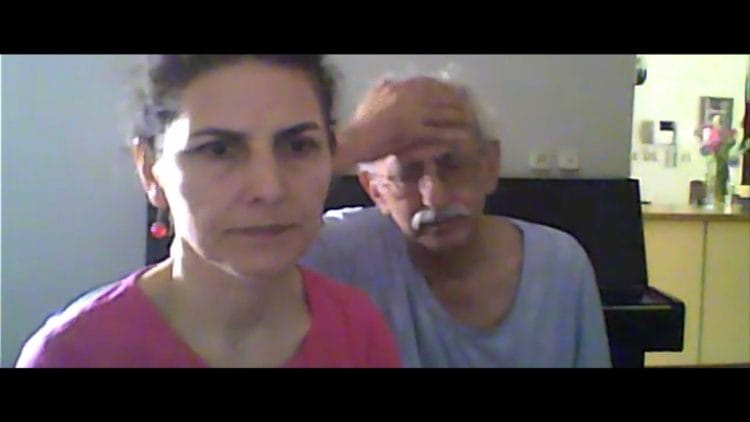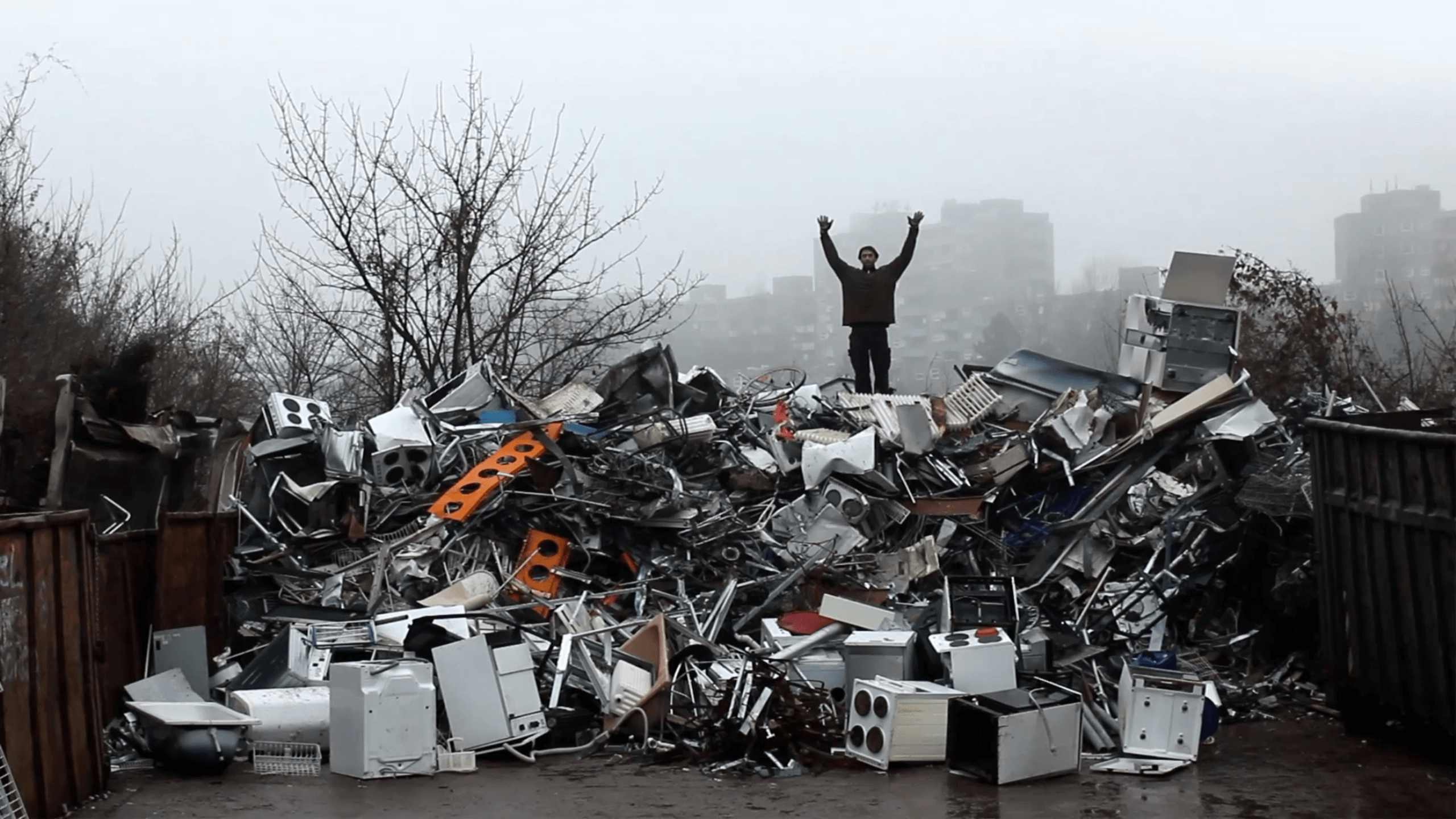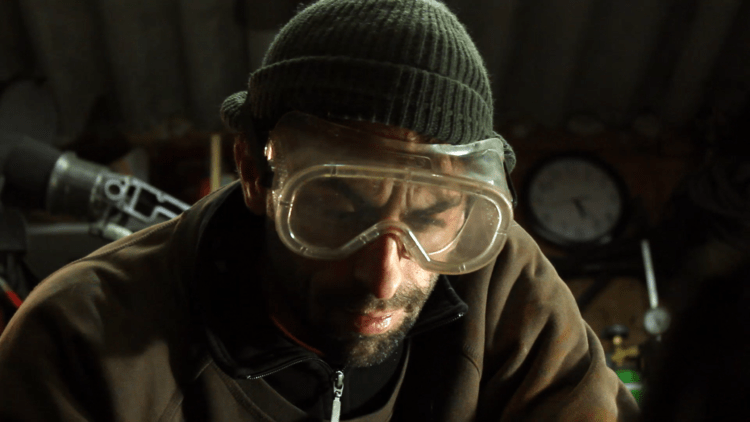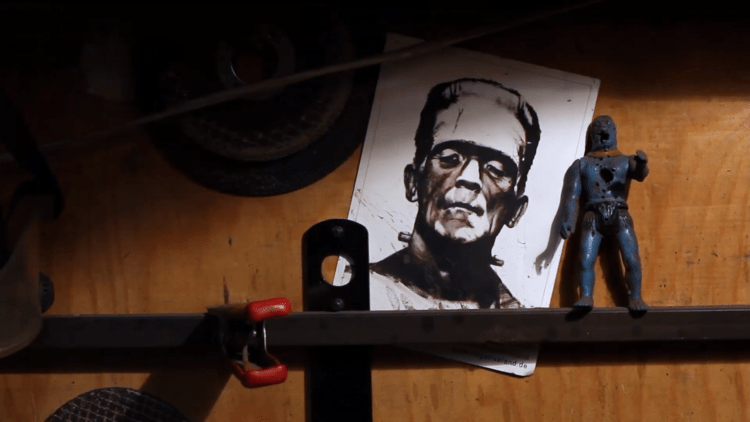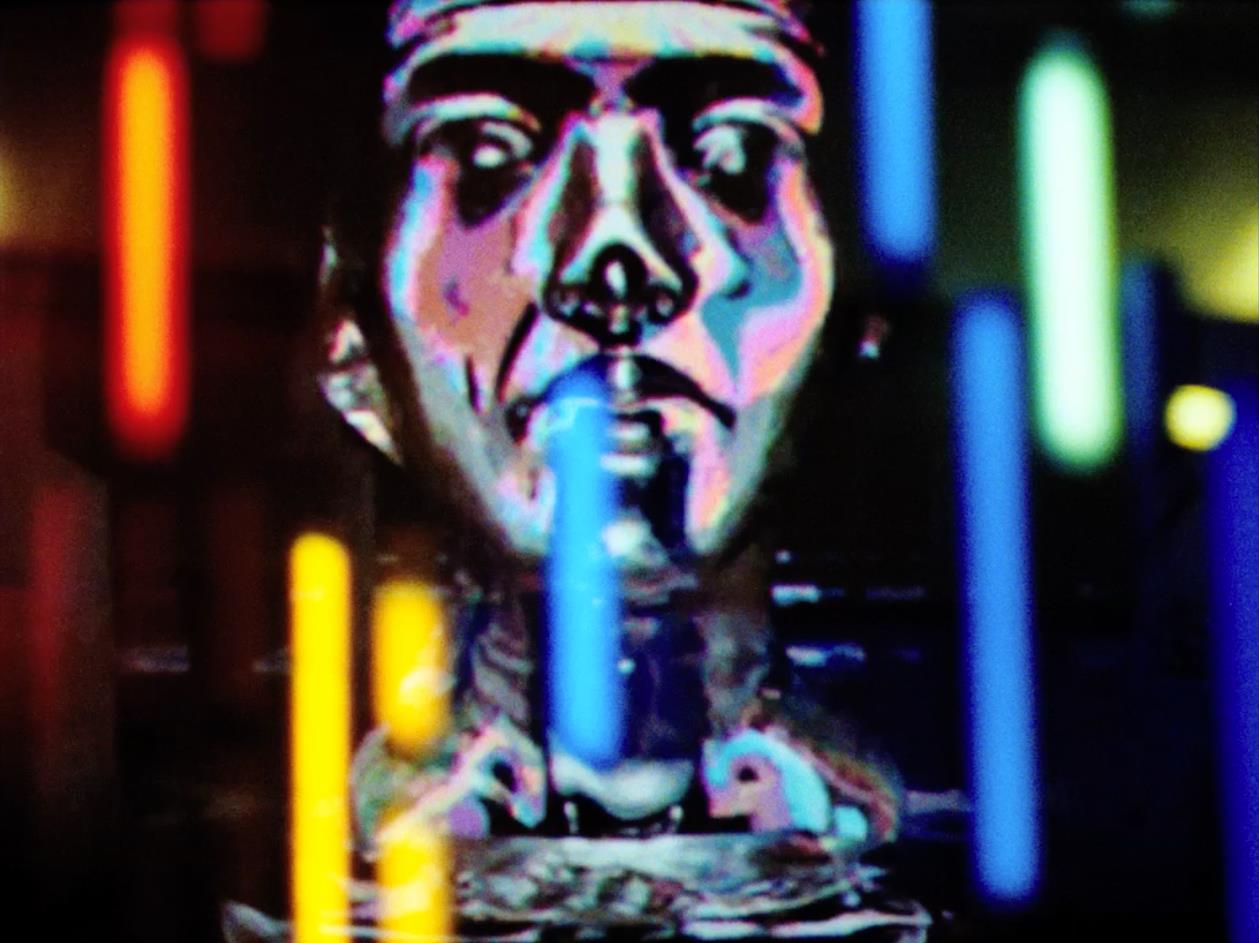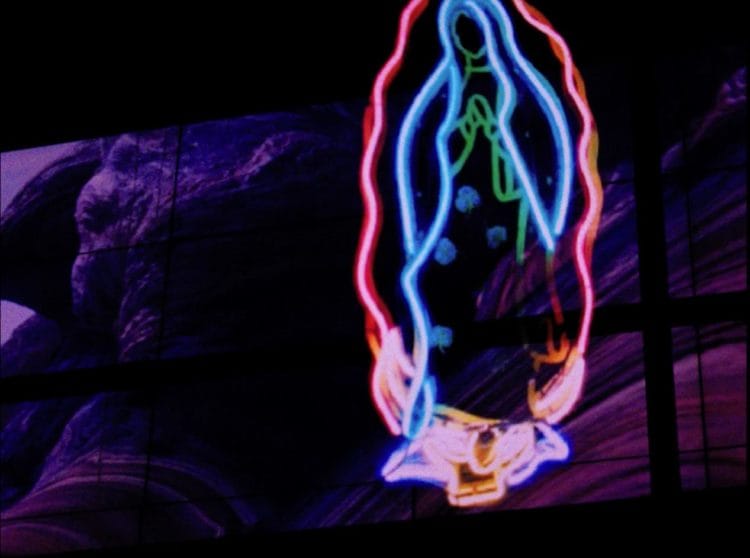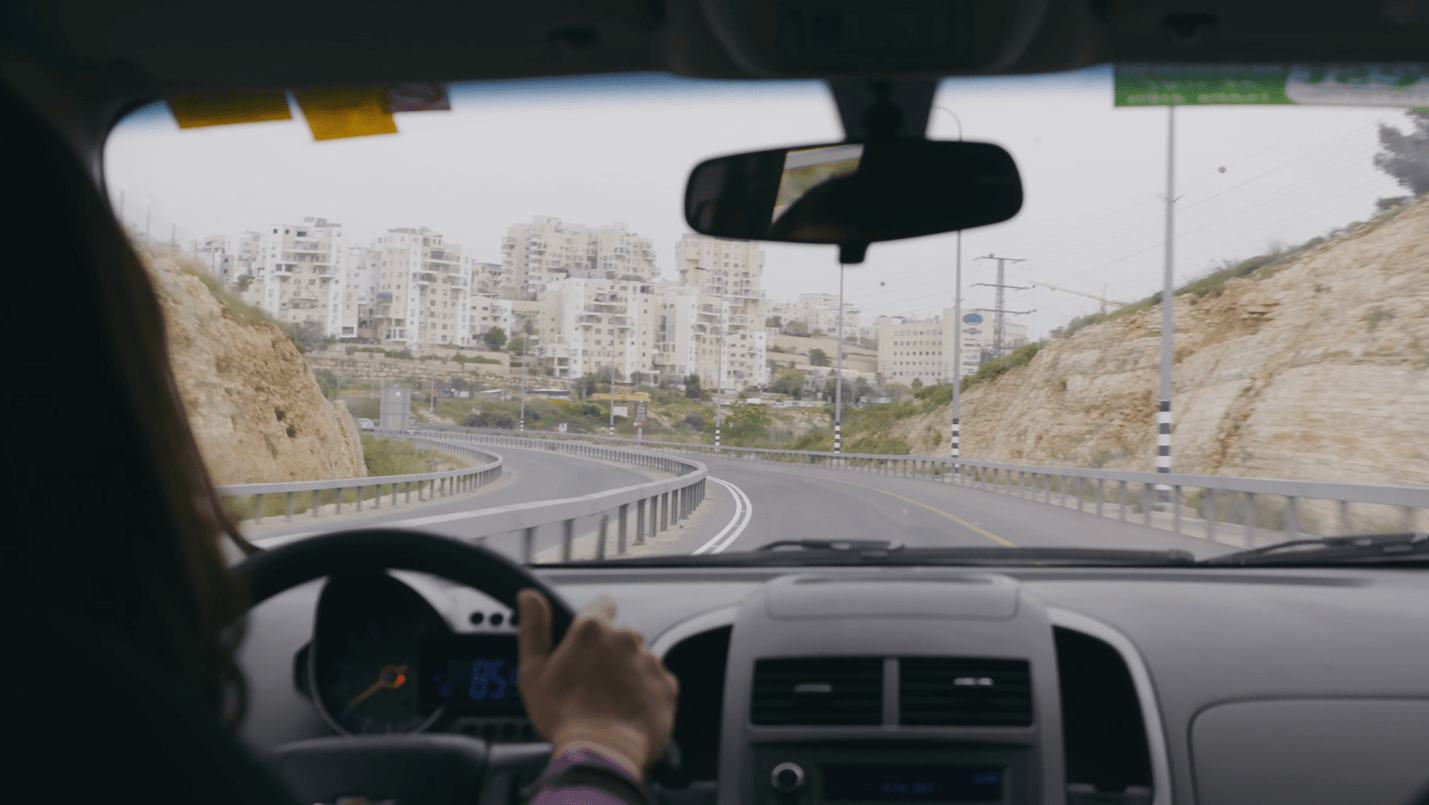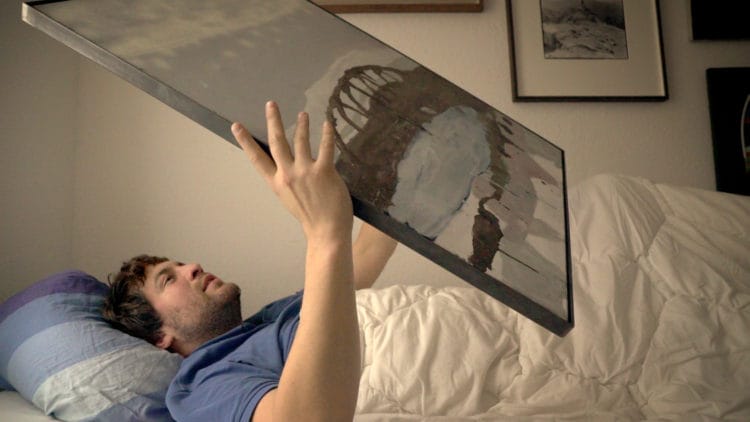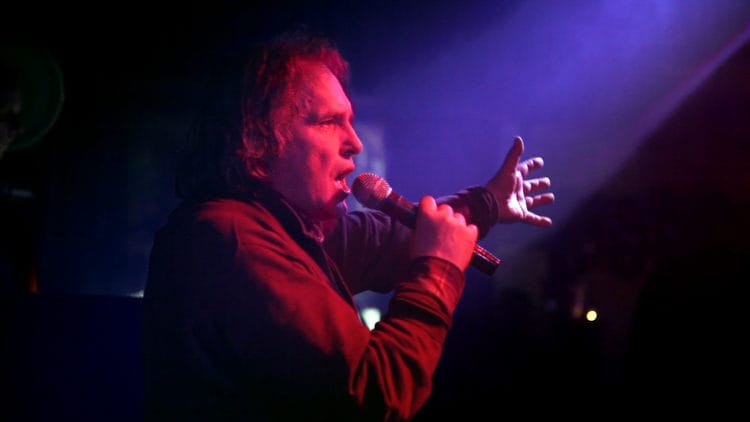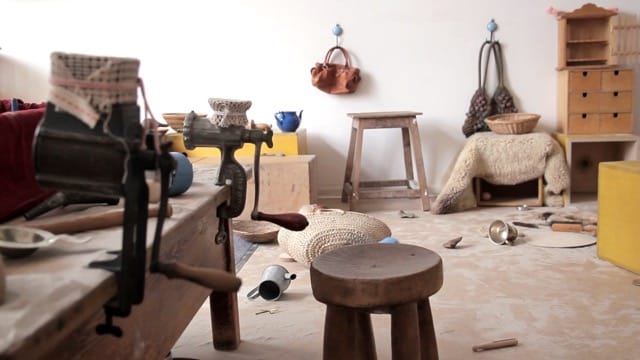It’s a criminal waste to give this film a postproduction
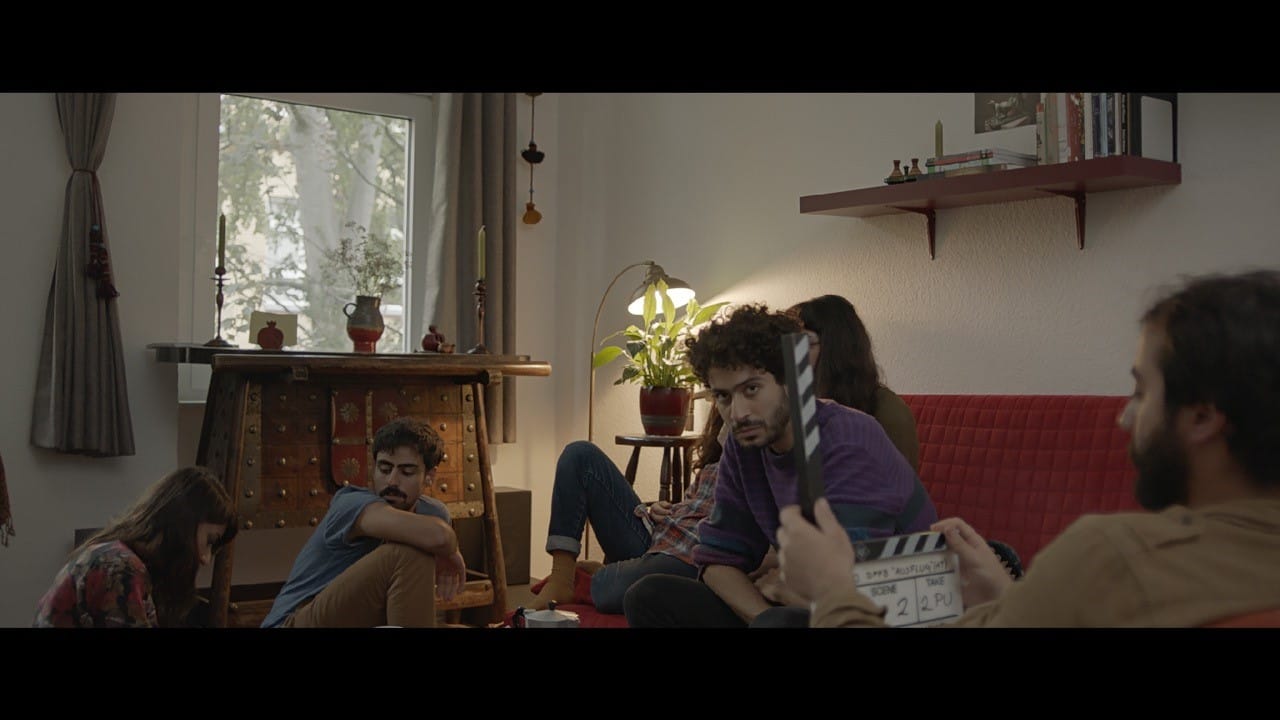
Credits
Cast:
Mitra Kia – Mutter
Hassan Fesharaki – Hassan
Tina Kadkhodayan – Tina
Sadaf Javdani – Sadaf
Rahi Sinaki – Rahi
Sohrab Yazdanmehr – Sohrab
Roozbeh Tazhibi – Roozbeh
Sara Faezypour – Sara
Script:
Moritz Friese
Camera:
Moritz Friese
Editing:
Moritz Friese
Producer:
Moritz Friese
Sound:
Josha Eickel
Moritz Friese
Luise Hauschild
Music:
Rahi Sinaki
Film info
Direction:
Moritz Friese
Genre:
fictional
Country of production:
Germany, Iran
Production Company:
Deutsche Film- und Fernsehakademie Berlin
Production:
2017
Shooting format:
Digital
Screening format:
16:9
Frame rate:
24 fps
Aspect ratio:
16:9
Sound format:
Dolby 5.1
Language:
Farsi, German; Subtitles available in German, English
Version:
OV
Runtime:
20

